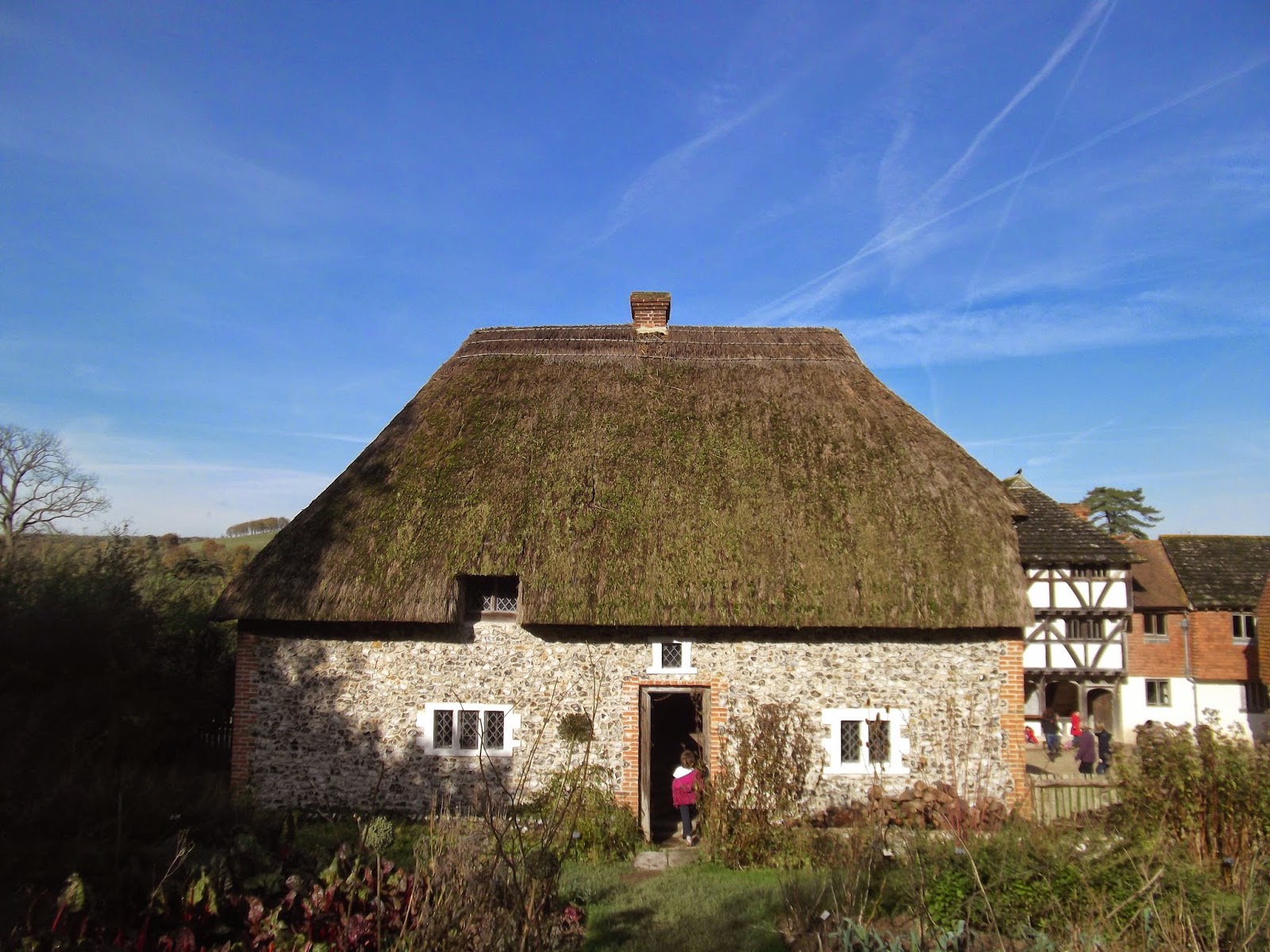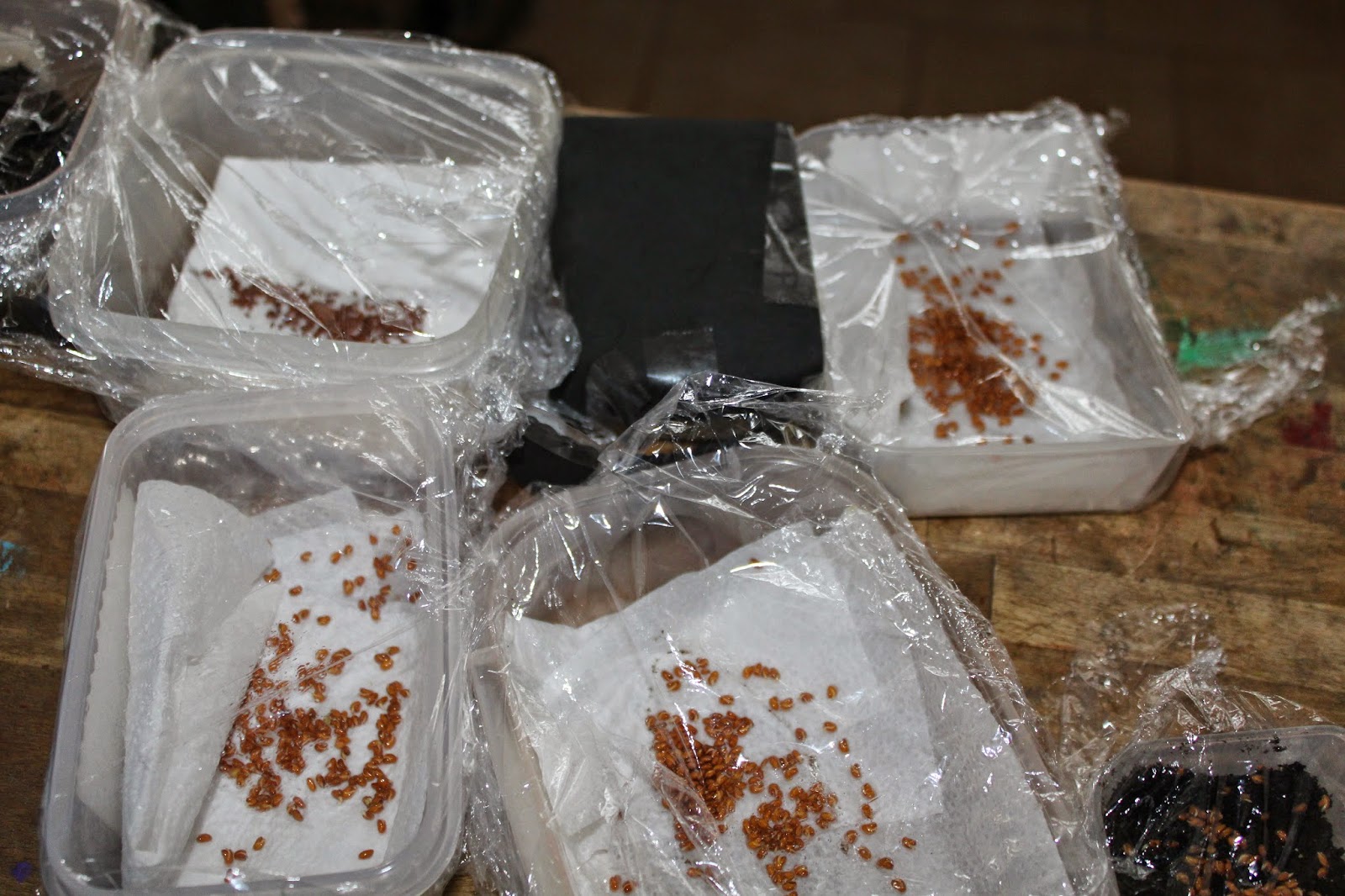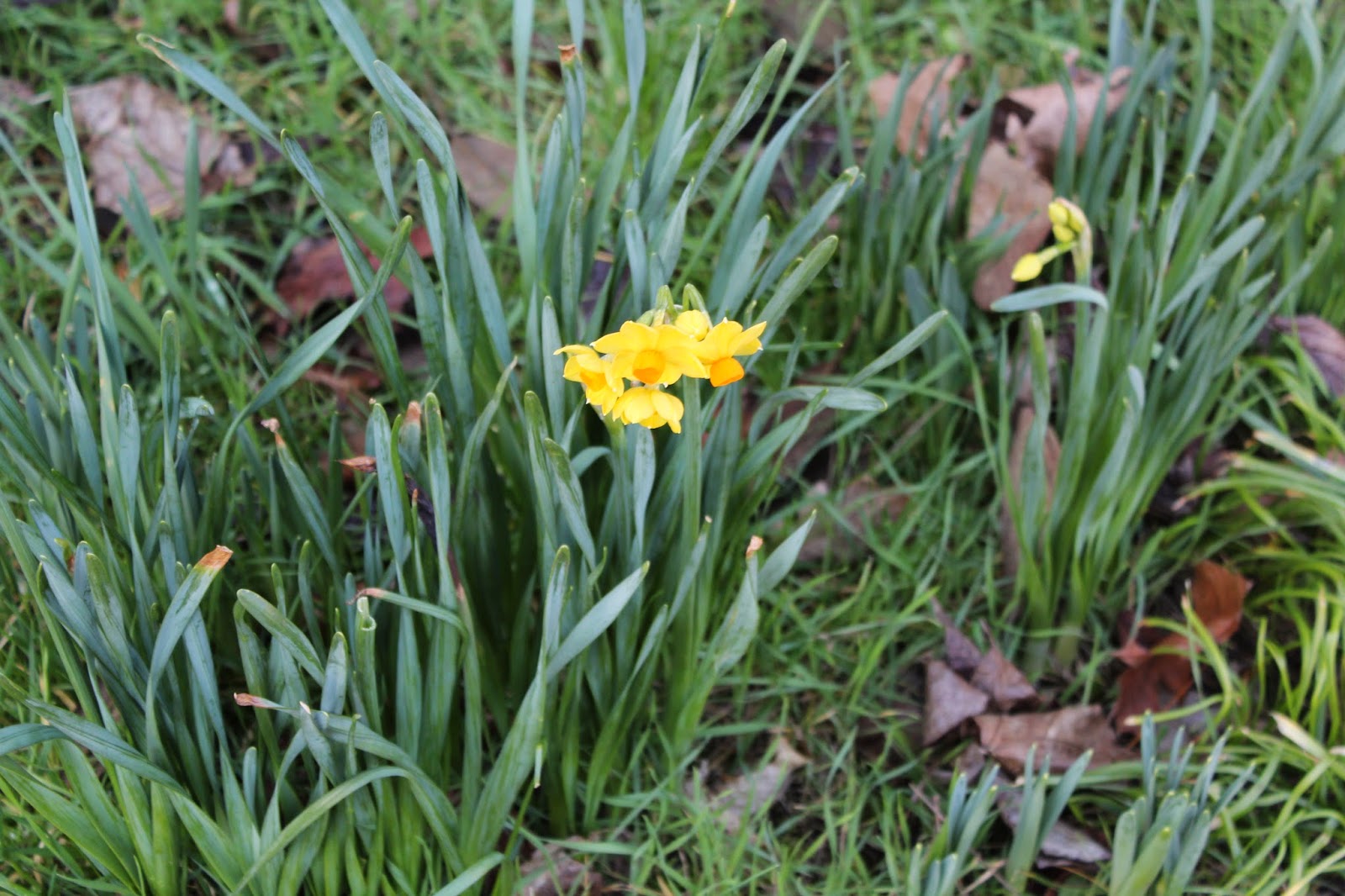Having just finished learning about Wales, in theory, the next step was a field trip. My husband kindly held the fort while I took the younger children to see the Land of their Father.
We decided, no I decided, that we would travel on public transport. Better for a tired mother!
Public transport in Wales isn't quite like public transport in London. At this time of year, there is one train every three hours along the Conwy Valley line but then it is rather more scenic than many London routes.
The photo is a bit grainy as it is taken out of a train window, in the rain.
Yes, the rain. I had told the children that there was rain in Wales and so there was, sometimes with rainbows.
But Wales was beautiful, I think, probably more so, at this time of year, than when I have seen it in summer. We stayed near Blaenau Ffestiniog which was fascinating in terms of the interaction between man and the environment.
We visited the slate mine
and learned that while, in the past, 90% of slate quarried was wasted;
now none goes without a use. The smallest pieces are ground up and made into toothpaste and make up!
The hydroelectric plant is set in the most amazing scenery.
The steam railway was originally built to take slate to the coast. The carriages were initially pulled by horses until the mid-nineteenth century when steam took over.
Of course, now the track isn't used for slate nor for taking the slate miners to work but for tourists.
We walked, reveling in the space.
We pondered God's creation and what man has done to it as well as how a town which had a nineteenth century revival has so many disused churches.
Surely, there must have been too many chapels with too many seats even for the population at its height?
Lastly, the beauty of creation.
A satisfying end to our Welsh project!
































